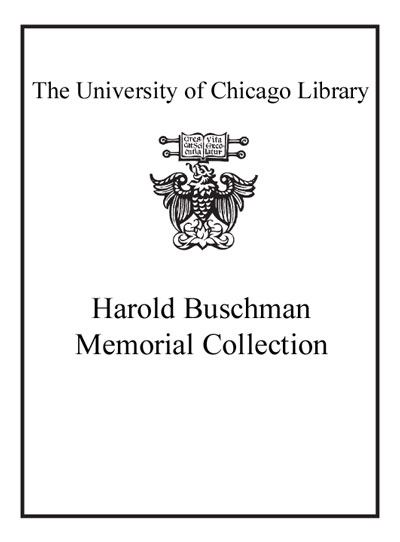| Summary: | The concept of millennialism--of a looming End of Days that will usher in salvation and a new world--is prevalent in Jewish history and culture and also serves as a cornerstone for a number of Christian faiths. Millennialism has also sprung up among certain disenfranchised, marginalized, or conquered peoples at different times and places throughout history. From the coming of the Jewish Messiah to the 1890 Native American Ghost Dance to modern Cargo Cults of the Pacific Islands to recent prophecies concerning the dawn of the third millennium, people have anticipated, feared, and built their lives around a transformation of their world marked by a significant calendar moment or momentous event. <p>The twelve contributors to this volume examine the concept of the End of Days in Judaic history and culture as well as other important manifestations in the past and present. Topics include the dynamics and process of millennialism; the role of children in millennial religions; the enduring messianic significance of Jerusalem; the influence of ancient Judaic millennialism on current sensibilities; a comparison of the roots and meanings of Jewish, Muslim, and Christian calendars; the roots of the Christian antichrist in Jewish traditions of evil; differing rabbinical interpretations of the End of Days; the impact of millennialism on the Franciscan mission to New Spain; millennialism as a process of cultural mourning and rebirth; the appropriation and reinterpretation of the Book of Revelation by new religious movements; the significance and influence of apocalyptic movies; and the emergence of millennialism in popular culture in such television shows as The X-Files.</p>
|
|---|

